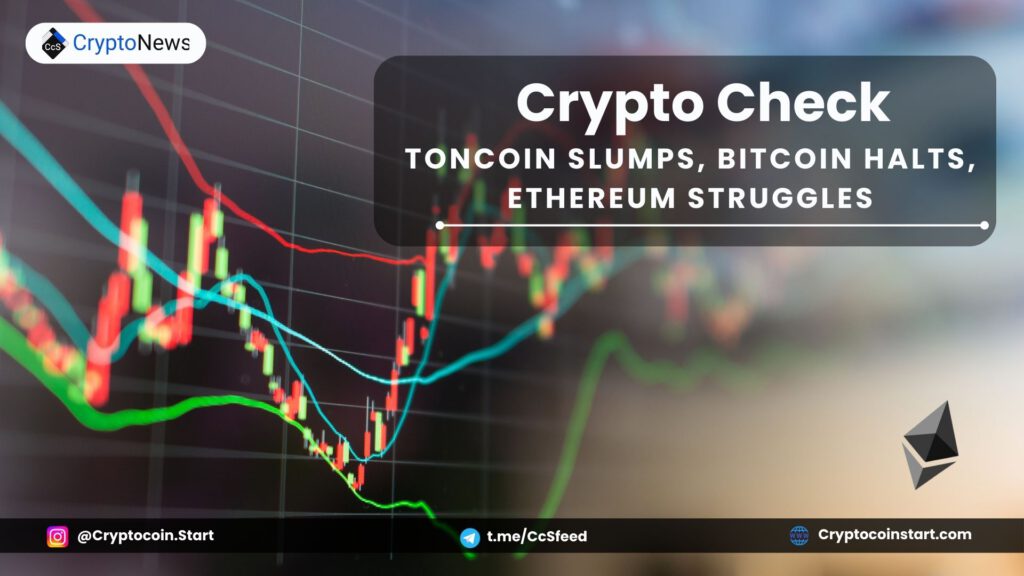
Blockchain Education Comes to Buenos Aires Schools
In a groundbreaking move, the city of Buenos Aires has integrated Ethereum and smart contract education into the secondary school curriculum, starting this school year on August 27. This initiative is part of a broader push by Argentina’s capital to equip students with foundational knowledge in blockchain technology and its real-world applications.
The Ministry of Education in Buenos Aires approved this curriculum addition, which aims to bridge the gap between theoretical knowledge and practical experience. Alongside classroom instruction, the program includes offering internships that allow students to engage directly with blockchain projects.
“This initiative not only enhances crypto education in Buenos Aires, but also sets a precedent for how blockchain technology in Argentina can be integrated into schools globally,” said Romina Sejas, co-founder of ETH Kipu, the organization behind the project.
Solidity Training for Young Adults
A key aspect of this initiative is the targeted training of 500 young adults in Solidity, the programming language used for developing smart contracts on Ethereum. This training is designed to empower participants to create decentralized applications (dApps) that can be integrated into the local economy, fostering innovation and technological advancement within the community.
“We recognized the need to equip young people with the skills to create real-world blockchain applications,” Sejas explained. “By training them in Solidity, we’re giving them the tools to become active contributors to the evolving blockchain ecosystem in Argentina.”
The training program will cover:
- Fundamentals of Solidity programming
- Broader concepts of blockchain technology
- Decentralized finance (DeFi)
- Development of dApps
Participants will have the opportunity to work on practical projects, applying their newfound knowledge to create solutions that address local challenges.
Educating the Educators
To ensure the sustainability and expansion of this initiative, ETH Kipu will also launch a hybrid training program for 30 educators. This program will equip them with the skills necessary to effectively teach blockchain-related subjects to their students.
“Adapting the communication of complex topics like cryptocurrency and blockchain to younger audiences is crucial,” Sejas noted. “We’ve recognized the need for continuous feedback and refinement of our educational strategies to ensure they resonate with the students.”
The educator training program will cover:
- Technical aspects of blockchain technology
- Effective teaching methodologies
- Strategies for engaging students in emerging fields
Bridging Theory and Practice
A key focus of the Buenos Aires blockchain education initiative is the integration of practical, hands-on experiences alongside classroom instruction. Through internships and project-based learning, students will have the opportunity to apply their knowledge and gain valuable real-world experience.
“We want to ensure that our students not only learn about Ethereum and blockchain technology but also understand how to apply this knowledge in practical settings,” said Sejas. “The internships and project-based learning components are designed to bridge the gap between theory and practice, empowering students to become active contributors to the local blockchain ecosystem.”
The internship opportunities will allow students to:
- Work directly with blockchain projects
- Collaborate with industry professionals
- Gain firsthand experience in the development, deployment, and maintenance of decentralized applications
Setting a Global Precedent
The blockchain education initiative in Buenos Aires not only enhances crypto education within the city but also sets a precedent for how this technology can be integrated into school curricula worldwide. As digital and blockchain technologies continue to shape the future, preparing students for this evolving landscape has become crucial.
“This program is a testament to the forward-thinking approach of Buenos Aires’ education system,” Sejas said. “By incorporating blockchain education into the secondary school curriculum, we’re equipping the next generation with the skills and knowledge they’ll need to navigate and thrive in a world where digital and decentralized technologies are increasingly ubiquitous.”
The success of this initiative in Buenos Aires could inspire other cities and educational systems to follow suit, paving the way for a global transformation in how blockchain technology is taught and applied in the classroom.
Conclusion
The integration of Ethereum and smart contract education into the secondary school curriculum in Buenos Aires represents a significant milestone in the adoption and integration of blockchain technology within the educational framework. By empowering students with practical knowledge and hands-on experience, this initiative aims to foster innovation, technological advancement, and a new generation of blockchain-savvy innovators in Argentina.
As the world continues to evolve in the digital age, the lessons learned and best practices developed in Buenos Aires can serve as a model for how other cities and educational systems can embrace blockchain technology and prepare their students for the future.


